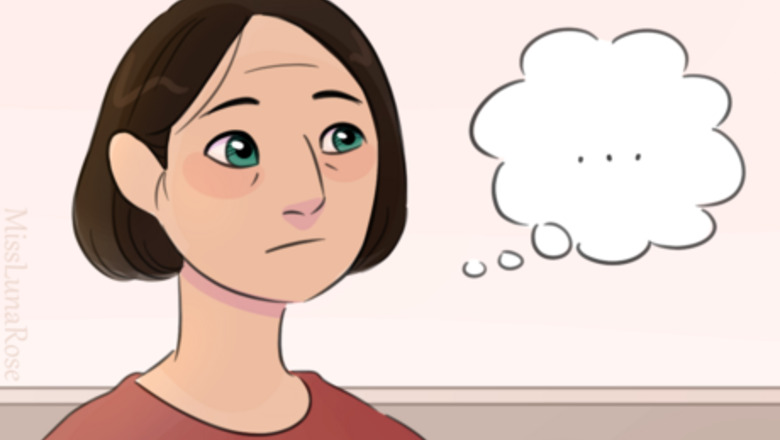
views
Confirming that You Aren't Autistic
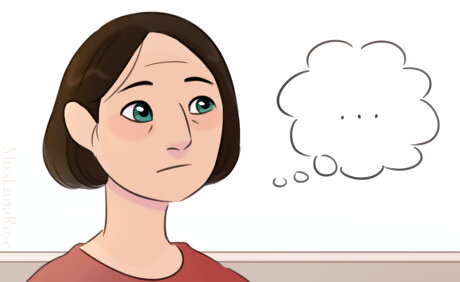
Keep in mind that experts are human. Sometimes, even autism specialists can be wrong. Remember, an expert's opinion is only as good as the information they are given. It's possible for them to wrongly tell you that you're non-autistic if... You didn't give them enough information about yourself Someone else gave them misleading or inaccurate information about you They have misconceptions about autism (e.g. that it's impossible for girls to be autistic)Tip: If you have doubts about an expert's listening skills or understanding of autism, it's OK to get a second opinion. Make sure to prepare before your appointment to increase the chances of an accurate diagnosis.
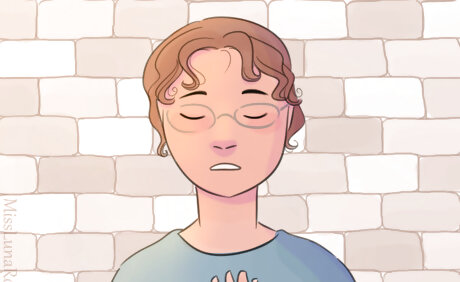
Recognize that self-doubt can be normal for late-diagnosed autistic people. Many autistic people doubt whether they're just "faking it" or "making things up" or "being too sensitive," especially if they have low self esteem. Imposter syndrome can happen to autistic people too. If you're afraid of faking it, it's pretty safe to say that you aren't faking it, and you genuinely believe you're autistic. Fakers don't worry that they're faking. And even if you thought you were autistic but aren't, that doesn't make you a bad person. You're allowed to be wrong. Some autistics don't feel sure until they get an official diagnosis, or external proof (like records of developmental delays). Some don't even feel sure after that. Of course, that doesn't mean that everyone who feels uncertain is definitely autistic. Take time to analyze these feelings and where they're coming from.
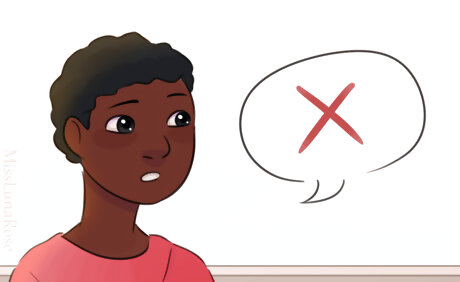
Dismiss any negative assumptions. While some people are truly non-autistic, others may attach themselves to the idea of being non-autistic because they think that autism is bad. As you figure this out, remember that autism is neither superior nor inferior to being non-autistic. Both autistics and non-autistics can be wonderful people, despite what you may have heard about autism. Autistic people... Can be kind and empathetic. Aren't always lonely or "weird." Some autistics are very social and friendly, and some "pass" as non-autistic. Other autistics are quirky and solitary, and that's okay too. Aren't always bullied. Some experience little or no bullying. Can be good friends. Can be lovable and worth loving. Have talents. They may be above average in some areas. They may be average or below average in others, which is also okay. Can have happy lives and bright futures. Can make contributions to the world they live in. Are, regardless of whether they’ve been labeled “low-functioning” or high-functioning” by society, valid and human beings.
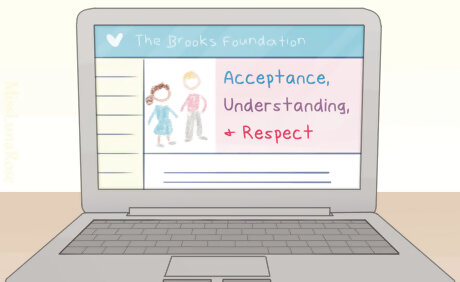
Take some time to read and reflect before you are sure. Just like it isn't good to jump to a conclusion that you are autistic, it isn't necessarily good to jump to a conclusion that you aren't. Autism is complicated, and it takes time to understand. Take a few minutes to have some alone time. Read articles describing what autism is and what the signs are Talk to autistic people online Reflect on which signs of autism do and don't fit you Deal with any difficult emotions related to the subject
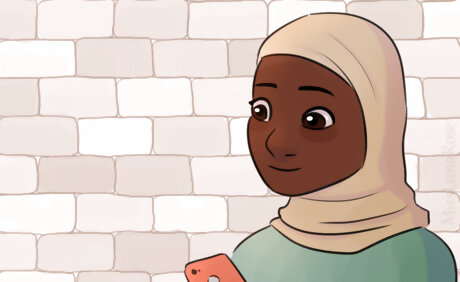
Work on researching conditions that can be mistaken for autism. If you've had the feeling that you're very different from everyone else, there's usually a reason why. Research different possibilities, starting with conditions that can look a lot like autism. It's possible that you may have thought you were autistic when you actually have... ADHD Social anxiety Schizoid personality disorder Avoidant personality disorder Sensory Processing Disorder (which most autistic people have, but non-autistics can have too) Alexithymia Complex PTSD Schizophrenia Something else
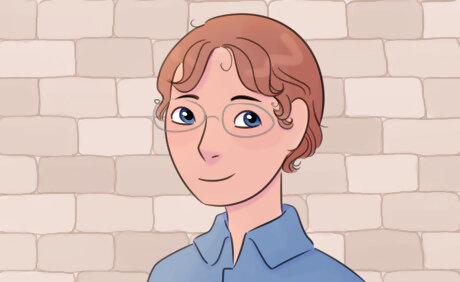
Give it time. You don't have to have the answers all at once. When it comes to something as intricate as the human mind, these questions can take anywhere from weeks to years to untangle. Don't rush yourself, or push yourself to have answers. You have time.
Handling Your Feelings
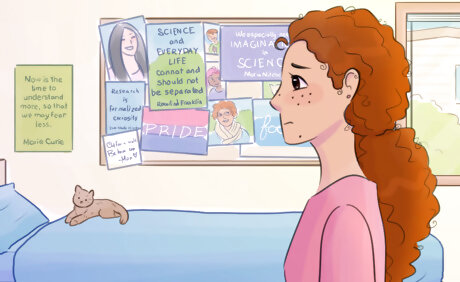
Allow yourself to feel your feelings. It can be hard to let go of something, especially if you were very emotionally invested in it. If you were attached to the idea of being autistic, but have now lost it, you're allowed to feel that loss.
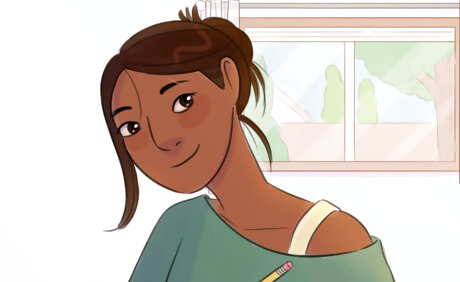
Ask yourself why it was important to you. Why did the idea of autism matter to you? This can help you let go, and also help you figure out what was really going on with you. Here are some examples of reasons you might have hoped for an autism diagnosis: You had hoped the label of autism would give you concrete answers about yourself, or give you a sense of closure about your situation. For example, maybe you're having a hard time dealing with growing up. Some of the things that help autistic people also help you. You feel isolated or seek a community that can help you understand your experiences. You feel like people are pushing you too hard and not understanding you, and you hoped a diagnosis would help them be more understanding. You're struggling with your self-image and want to change how you see yourself or others see you.
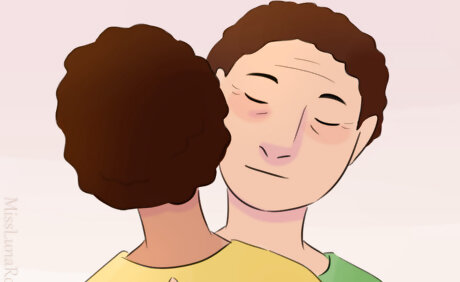
Address your inner needs. See how you can meet the need that you thought would be fulfilled by an autism diagnosis. Take time to do some soul-searching, and think about how to care for yourself and your needs. If you have unexplained problems in your life, keep searching for answers and asking for help. You may find a real answer in time. If some of the things that help autistic people also help you, then keep doing those things. You might be introverted, highly sensitive, or otherwise neurodivergent. Take care of yourself regardless of what labels do or don't fit. Start reaching out to kind people, and distancing yourself from unkind ones. Invite good people to do things with you. Work on assertiveness skills to handle people who treat you badly. If people are pushing you too hard, work on being assertive and telling them when something is difficult for you. Ask them for what you need to make things easier. If you're experiencing loneliness, say "I'm lonely" or "I wish we could spend more time together" to someone you love. Communicating your feelings can help. If you want to develop some new part of your personal identity, try experimenting with your personal style and hobbies. You may find something new that interests you. Spend more time with people who share your interests and show an interest in you.
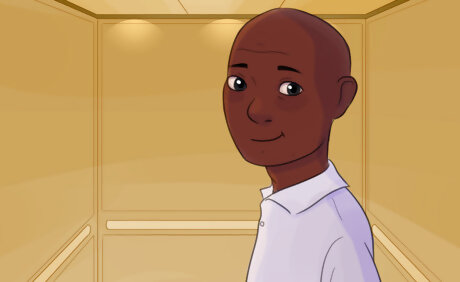
Never blame yourself for being wrong. Life involves self-discovery and self-exploration, and exploration is no good if you aren't allowed to be wrong. It's okay to think that you are something, only to discover that you are not. This is part of life. Know that you didn't hurt any autistic people by asking if you are autistic. Professionally-diagnosed autistic people tend not to be bothered by people who wonder if they're autistic, or even self-diagnose.
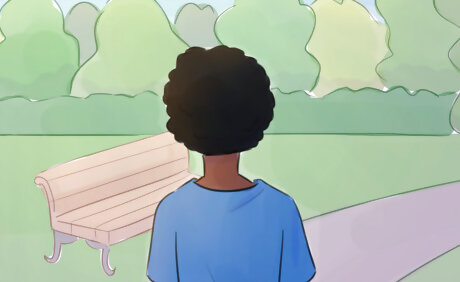
Work on building and maintaining good self-care routines. Taking good care of your mind and body will help you adjust to big news and any other unexpected changes. Try to get outside for at least 30 minutes each day. Walk around, feel the sunlight, and try some moderate exercise. Fill at least 1/3 of your plate with fruits and vegetables, if you can. Sleep for 8-10 hours each night, depending on your body's needs. Do things that make you feel good (like hobbies or time with friends) and avoid things that are toxic to your mental health (like obsessively checking the news).
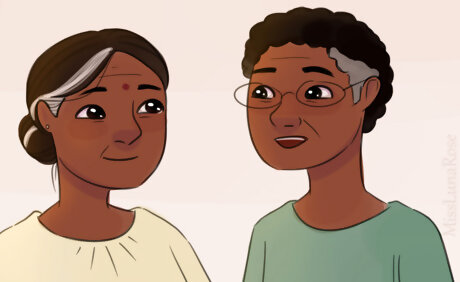
Reach out to other people. You may be feeling sad, lonely, or confused. It's easier to deal with these feelings if you aren't alone. If you have an unmet need, say it. Saying "I'm lonely" or "I feel ignored lately" gives people an opportunity to be there for you.
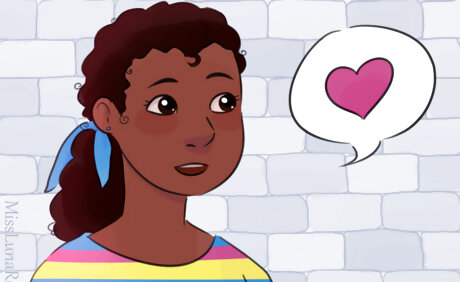
Remember that you can still be an ally to autistic people. The Autistic community doesn't just need autistic people. It also needs helpers and supporters. Most autistic people love to have kind people in their lives. You can still be an amazing friend to them, whether you're autistic or not. Talk with your autistic friends. Cheer them on in good times, help them through their hard times, and let them help you when you are struggling too. Participate in positive campaigns like #REDinstead and Autism Acceptance Month. Praise and uplift underappreciated autistic people. Enjoy media, like art and stories, created by autistics.




















Comments
0 comment